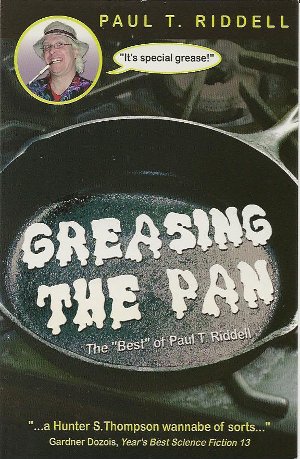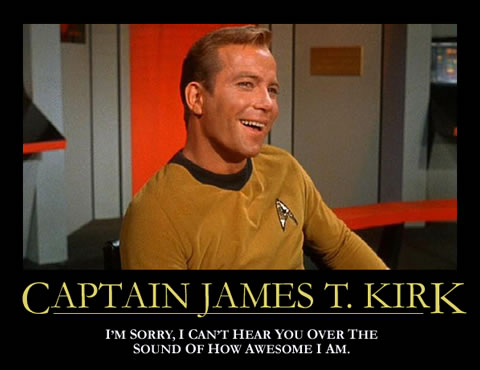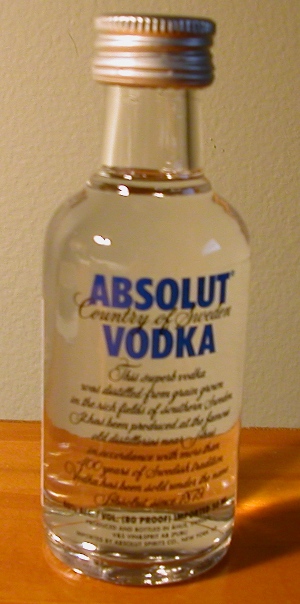Cliffhangerin’
Over at the George RR Martin forum someone asks about other books where every chapter ends on a ‘cliffhanger’, and someone helpfully mentions The Electric Church. As you can see, I ego-google far too much (though to be fair, Google Alerts allows me to ego-surf without making any effort). It’s nice to see my work being discussed in the general SF/F conversation, though. Somehow it’s like you haven’t arrived until your books start showing up in general discussions, you know?
Anyway, TEC and the Cates series as a whole certainly does employ the cliffhanger in virtually every chapter. Sometimes these are big cliffhangers, sometimes minor ones, but every chapter ends on a beat. This is intentional, although it wasn’t always there. The original draft of TEC, written 15 years ago, had very long chapters. It also had a different plot, different ending, and in many spots different characters. I always wrote with long chapters; a lot of my novels have only a handful of chapters in 100,000-word books.
The reason this changed when I revised TEC a few years ago is because I originally revised it for web publication on a site that was selling serial fiction. The idea was you’d “subscribe” to a story and receive a new chapter every week. They preferred open-ended ‘soap-opera’ style stories (in structure, not necessarily in content) but were taking novel-length stories as well. So I put together a proposal about TEC, which I’d been meaning to rework for years but never got the impetus to do so, sold it, and revised with their guidelines in mind. Since it would be a week between chapters, I wanted every chapter to end on a beat to keep people interested until the next one came around.
The web site didn’t last long, but the editor they assigned me was the incredible Lili Saintcrow, who loved TEC, showed it to her editor, and the rest is ongoing history.
So for me, the cliffhanger style is still relatively new and funky. I really enjoy it. The short chapters, the beat-endings – it all makes for, I think, exciting reading and exciting writing, as sometimes I don’t know where a chapter’s ending until it suddenly hits me – there! Which is fun.
I worry sometimes that the constant cliffhangerin’ can get tiresome, but I try to alleviate that by having different levels of cliffhangers. Sometimes it’s a huge plot-device cliffhanger, sometimes it’s just a beat of dialog or a small revelation by the character. I think if every chapter ended with the characters pressed against a wall or hanging from cliffs, it would get ridiculous, so having some chapters end on tiny little beats is a good rhythmic technique.
Or so I think. I’m sure plenty of folks out there can’t stand the technique and rail against my book in private. Or so I like to imagine.
Anyway, just some random writing thoughts this morning. The lesson being: Just because you have always worked in one manner or always had a certain style doesn’t mean you can’t surprise yourself, pleasantly, with something wholly new, at least to you.



